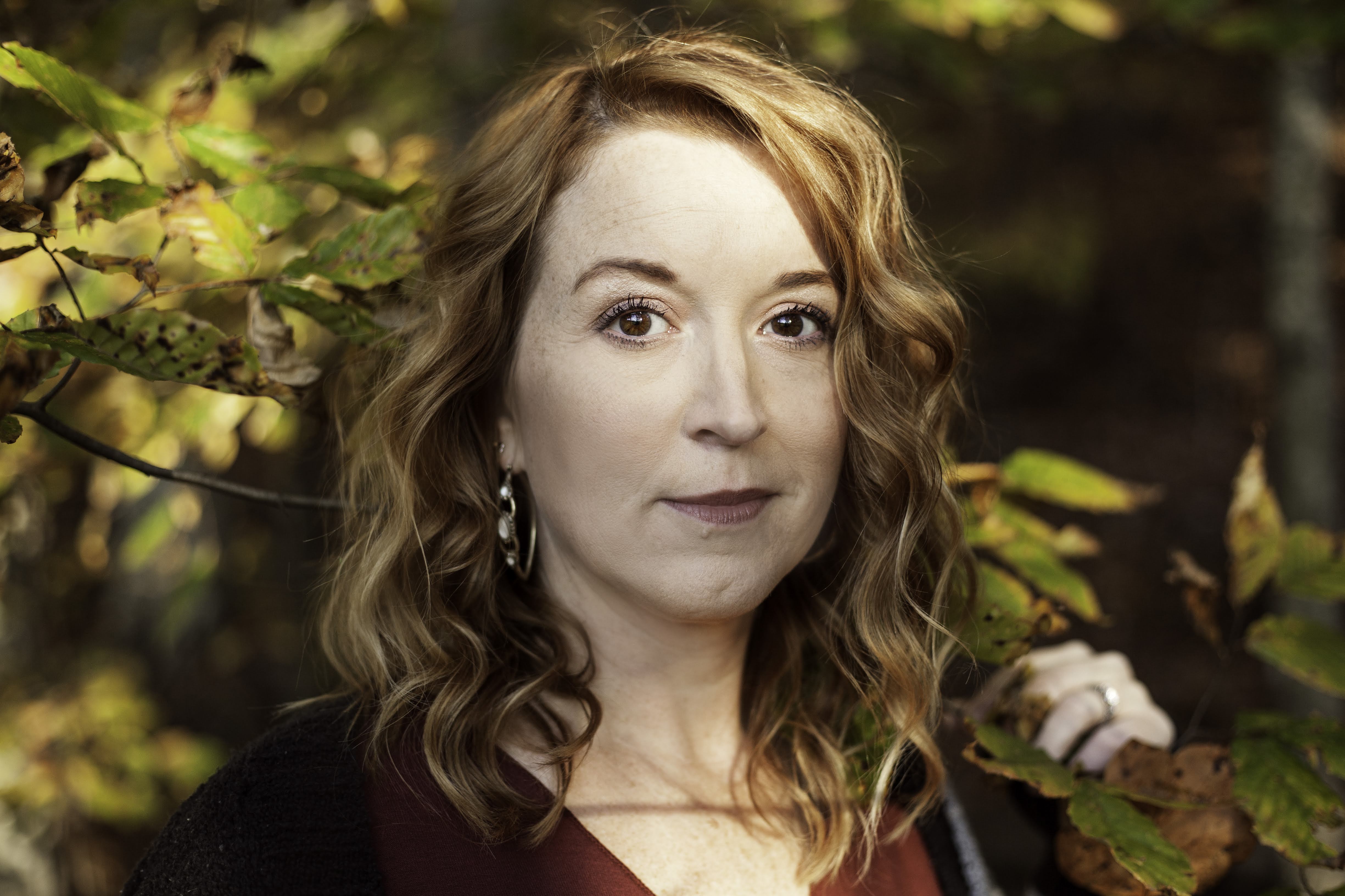What Is the Significance of Women Within Ministry?

Have you ever struggled with the desire to be significant in women’s ministry and to understand what ministry looks like according to God’s Word?
In a world full of distractions and the pressure to be great, it can be intimidating and even exhausting trying to establish spiritual significance according to our own perception.
We may see well-known women who are standing on stages before thousands of other women and believe that this is the goal to achieve in ministry. We may believe that writing a best-selling Christian book or having a household name seals ministerial success.
Whatever our perception is of ministerial success, we must take it back to our final authority of truth, Scripture. When we do this, we will not be exhausted, but we will be refreshed with God’s Word shedding light on a valuable subject.
Recently, I was serving in the children’s ministry at my home church and caring for the youngest children in our congregation. As I got to interact and play with the kids there that day, some thoughts occurred to me I had not considered until now.
Perhaps you can relate to what I am about to say with regard to ministry. For years, I had a misconception of what ministry looked like.
As someone who was part of the hyper-charismatic movement for nearly two decades, being in the main sanctuary was desirable so as to not miss an opportunity to minister to others on the microphone or to receive ministry from someone else.
This sounds terrible to say, but years ago, I would have hesitated to volunteer to do anything outside the main sanctuary because I did not want to miss out on the main service and what transpired.
This was one of the things I found myself thinking about that Sunday morning. Here I was, engaging with these young children, and the thought never occurred to me I was missing out on what I could personally gain that day.
In fact, my attention was directed to the children and making sure the parents were able to spend time in the main service while their children were cared for and kept safe.
Perhaps one of the mothers there that day needed that time to sit in the main service under the teaching of the Word of God and to be encouraged, and by watching her children, this was the ministry unto her and to her children.
Over the past few years, my understanding of ministry as a woman has changed, and after spending some time detoxing from the need for ministerial significance and seeing what Scripture had to say on the matter, there is so much more peace and joy in embracing what God deems as ministry while not succumbing to the pressures of the world and even those in the church who would place burdens on any individual to be significant in notoriety.
Let Me Be a Woman
Years ago, Elisabeth Elliott wrote a book called, Let Me Be A Woman. I came across a small portion of this book on Ligonier, and it was personally encouraging. Elliott said this about being a woman,
“A Christian woman's true freedom lies on the other side of a very small gate — humble obedience — but that gate leads out into a largeness of life undreamed of by the liberators of the world, to a place where the God-given differentiation between the sexes is not obfuscated but celebrated, where our inequalities are seen as essential to the image of God, for it is in male and female, in male as male and female as female, not as two identical and interchangeable halves, that the image is manifested.”
Elliott discussed the creation of men and women found in Genesis 1, and she also discussed the role Mary played in being chosen by God to give birth to the Messiah and the response Mary gave to God’s plan. Her response was humility. Elliott’s cry was, “Let me be a woman.”
Elisabeth’s point in writing what she did was to show that women do have a special role that God designed for us, and we are not to be like men. Why is this pertinent to this topic?
I believe that there is a demand placed on women in society and in our culture to be like men and to assert power, and this is evident in the roles of ministry today.
There are messages seemingly encouraging women that they are the devil’s worst nightmare and that they are to take dominion over specific areas and to be the bondage breakers in their families, and though such messages may seem uplifting and empowering, I cannot help but wonder if the role of savior is trying to be usurped.
As women, we are not called to make ourselves idols. We are not the savior of our families, and we are not to usurp the role of God. Scripture helps us to see how we are to conduct ourselves, and I have encouragement for you, sister.
Your normal day-to-day life holds normal opportunities to minister to those around you, and your most vital mission field is to glorify God in all that you do. The temptation to feel insignificant for lack of an influential public platform is real, but it is not the ends to achieve.
The Beautiful Role of Godly Women
Our greatest ministry for women who were called to marriage is to their spouses and children. Both the world and, sadly, even portions of the church have saddled women with the burden to be significant in building their own empires and usurping God’s creation.
Proverbs 31:30 says, “Charm is deceitful, and beauty is vain, but a woman who fears the Lord, she shall be praised.” Submitting to God’s instructions and commands displays our reverence for God.
Ephesians 5:22-24 tells us, “Wives, submit to your own husbands, as to the Lord. For the husband is the head of the wife even as Christ is the head of the church, his body, and is himself its Savior. Now, as the church submits to Christ, so also wives should submit in everything to their husbands.”
Titus 2:3-5 reminds us of our roles as godly women; both older and younger, “Older women likewise are to be reverent in behavior, not slanderers or slaves to much wine. They are to teach what is good and so train the young women to love their husbands and children, to be self-controlled, pure, working at home, kind, and submissive to their own husbands, that the word of God may not be reviled.”
The Word of God is edifying in helping us to understand our roles as women, disciples of Christ, wives, and mothers.
Neither the world nor any official title or ministerial position within the sphere of ministry defines us. Being a stay-at-home mother is a beautiful ministry. Being a working mother is a beautiful ministry. Being a wife is a beautiful ministry. Being a single woman is a beautiful ministry. Being a widow is a beautiful ministry.
In the words of this author, “Ministry doesn’t always look like cultivating some huge, national or global movement. Sometimes ministry looks like making dinner for your family, reading Scripture to your children, and raising up a household of believers who serve the Lord through obedience and love.”
What Does This Mean?
As someone who understands the struggle in detoxing from ministerial relevance and striving, I have compassion for other women in these positions. It is possible to find rest and peace.
You do not have to hold a microphone or have a public platform to have eternal significance. Look to Christ for your identity, and rest in God’s finished work on the cross.
For further reading:
Should Women Be Pastors? What Does the Bible Say?
Should Godly Women Laugh Without Fear of the Future?
What Does it Mean to be a Proverbs 31 Woman?
Photo Credit: ©iStock/Getty Images Plus/AaronAmat


Originally published December 28, 2022.




